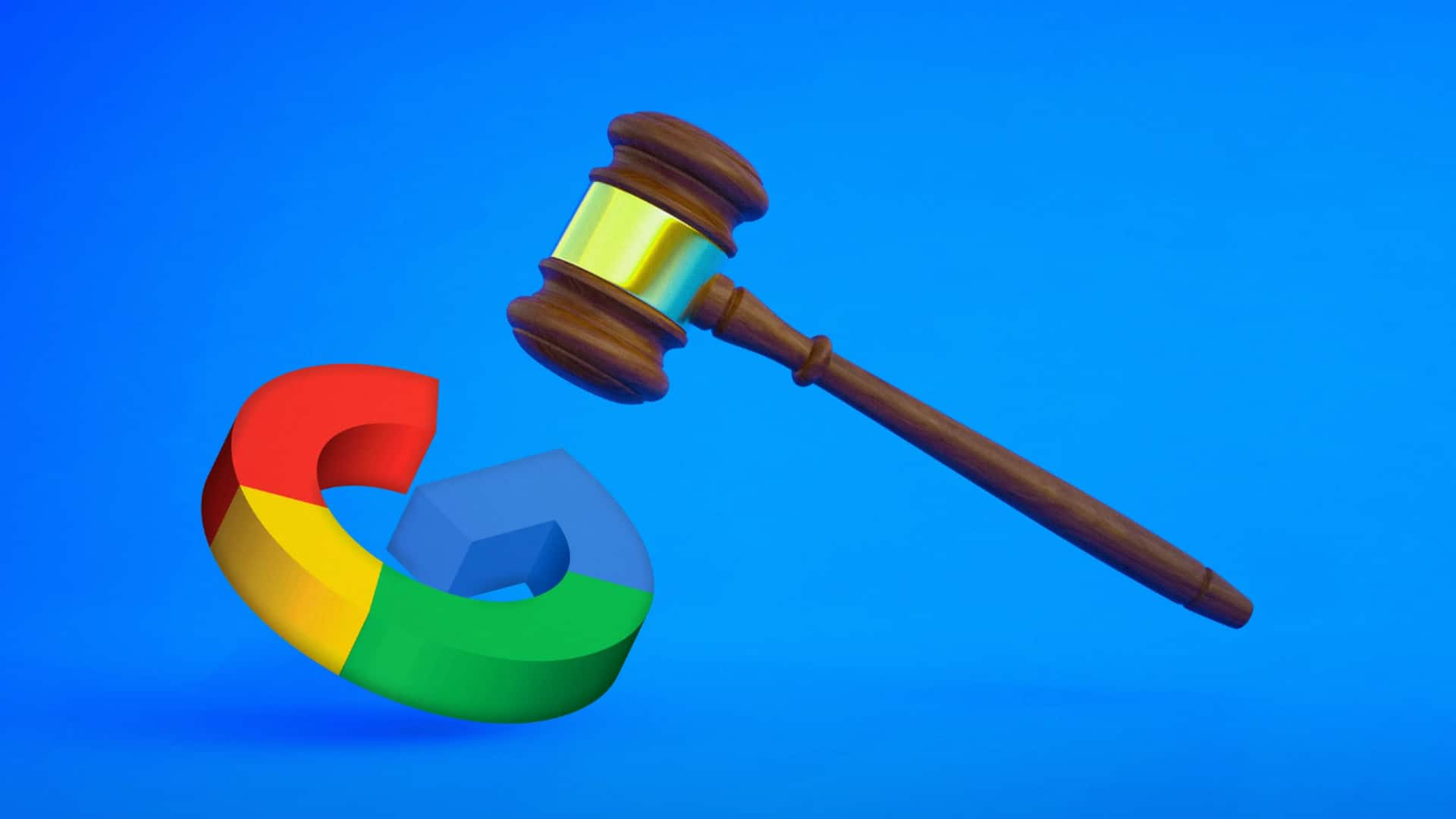
Google to face penalties for search monopoly by next August
What's the story
A US federal judge, Amit P. Mehta, has set a deadline of August 2025 to determine the penalties for Google's internet search monopoly. This decision marks a significant turn in an antitrust lawsuit that could potentially alter the tech giant's operations and impact online competition. The judge has requested proposals from both the Justice Department and states by year-end, following which a new trial will be conducted to review evidence on further action.
Tech evolution
Judge Mehta acknowledges evolving tech landscape
Judge Mehta has acknowledged the rapidly evolving technology landscape, including potential competition from AI chatbots developed by companies like OpenAI and Microsoft. "The world has changed since discovery closed two years ago," he stated, noting that both Google and Microsoft have integrated AI into their search functions while OpenAI's chatbot is being utilized for search purposes.
Market dominance
Google's search monopoly and its implications
In August, Judge Mehta ruled that Google monopolized the internet search market, securing over 90% of the market share through exclusive contracts with companies like Apple. These agreements prioritized Google over other search engines on their platforms. The upcoming decision on remedying Google's monopoly could set a precedent for other federal antitrust cases against tech giants such as Amazon, Apple, and Meta.
Possible solutions
Potential remedies for Google's monopoly
Potential remedies could involve restrictions on agreements that prioritize Google's search engine on mobile devices, or even a breakup of the company. The Justice Department is considering proposing a breakup of Google, which would separate search from other businesses like its Chrome browser and Android operating system. Judge Mehta's evaluation of remedies will include an investigation phase into penalties and hearings.
Business scrutiny
Google's business deals under scrutiny
Google's multi-billion dollar business deals to make its search engine the default on Apple's Safari browser, and other software and mobile devices played a significant role in Judge Mehta's previous ruling. These agreements adversely affected competitors like Microsoft's Bing. David Dahlquist, a Justice Department lawyer, emphasized at the hearing that evidence now needs to be collected "on the future," asking "How do we open up those markets?"